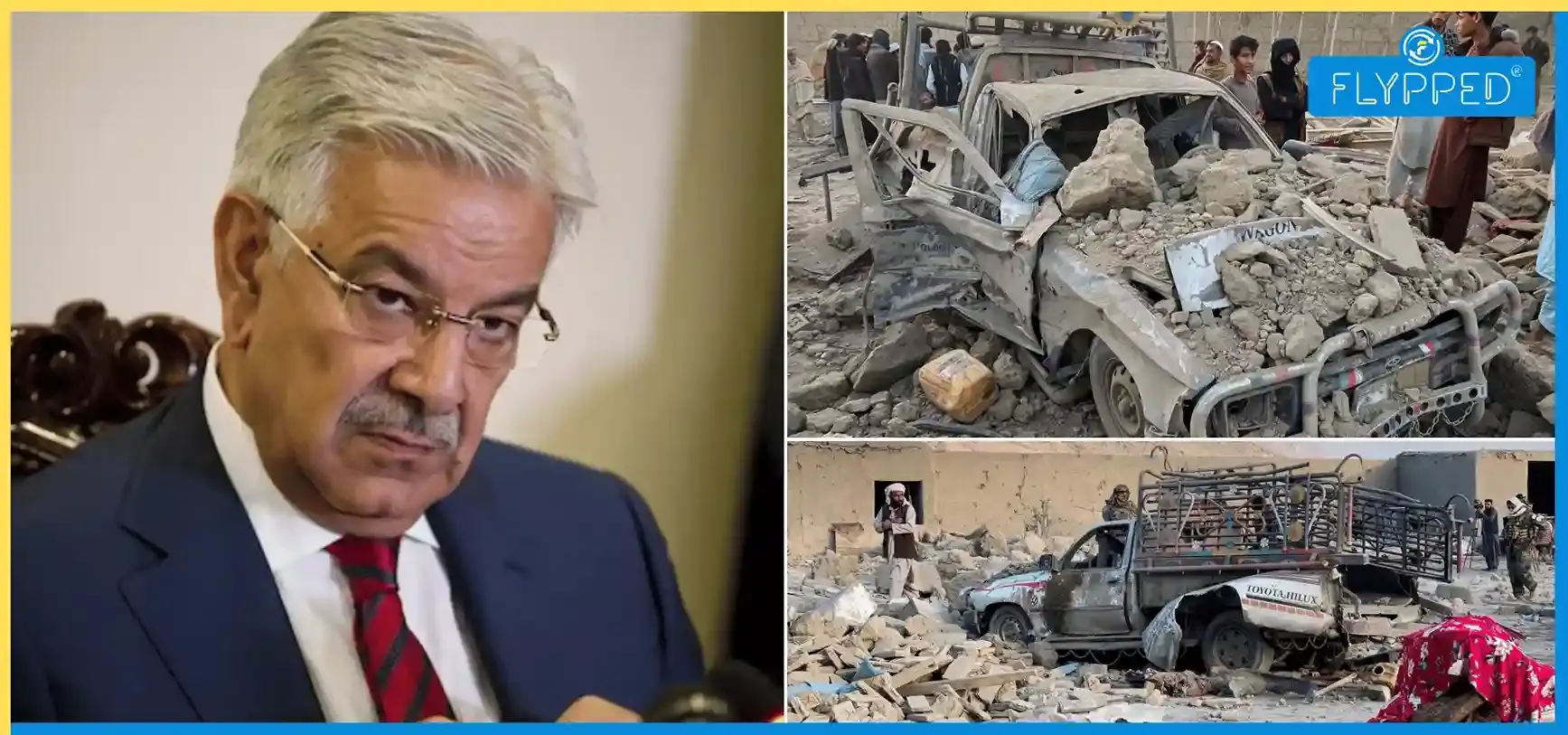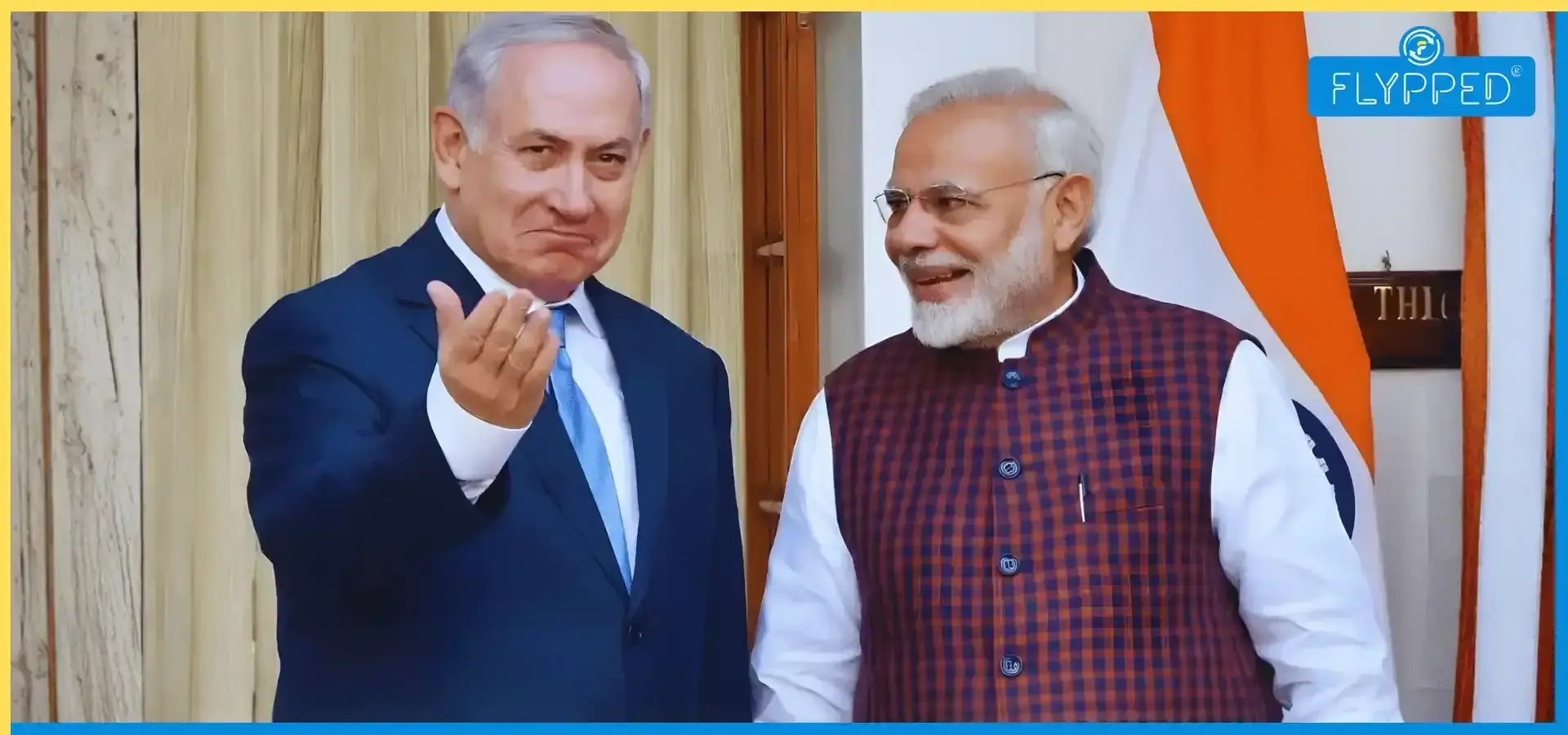Under PM Modi's inspiring leadership the RSS blossoms like a grand banyan tree igniting national pride in lakhs
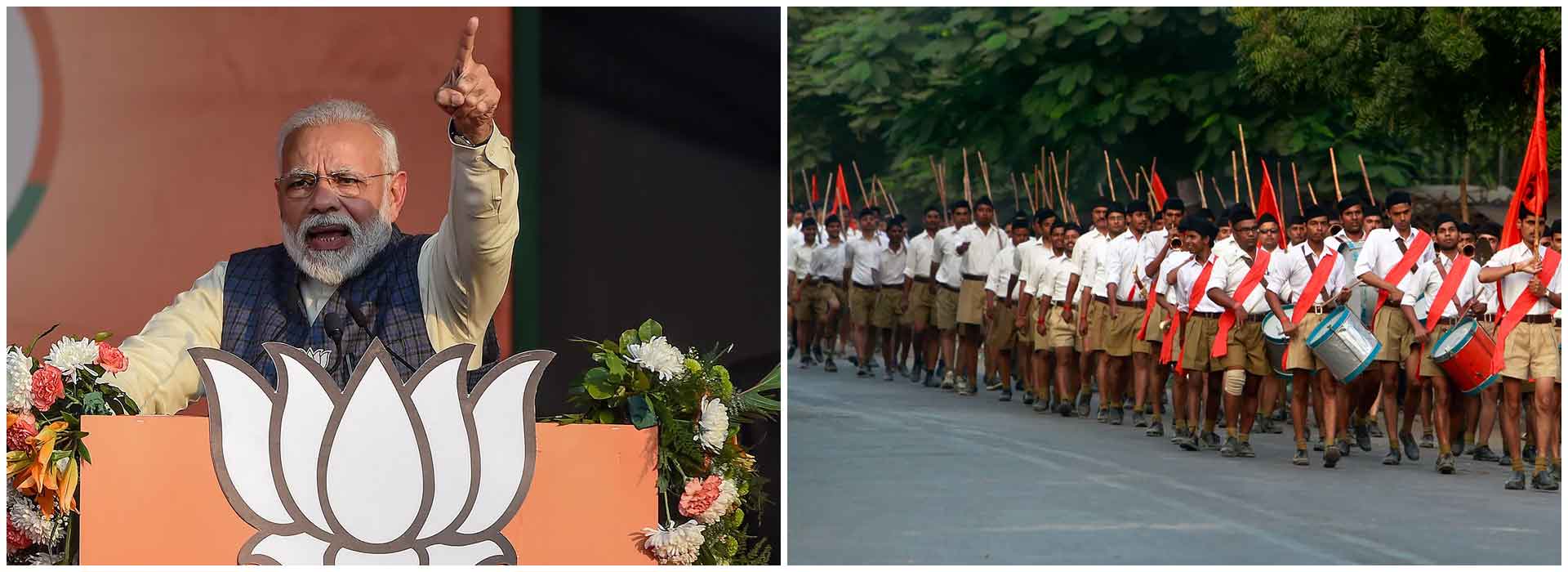
The Rashtriya Swayamsevak Sangh (RSS) has long been a cornerstone of India’s social and political landscape, shaping ideas of nationalism, culture, and self-reliance. Over the years, its influence has grown, but under the dynamic leadership of Prime Minister Narendra Modi, the RSS has flourished like a grand banyan tree, spreading its ideological roots deeper than ever before and igniting national pride in millions of Indians.
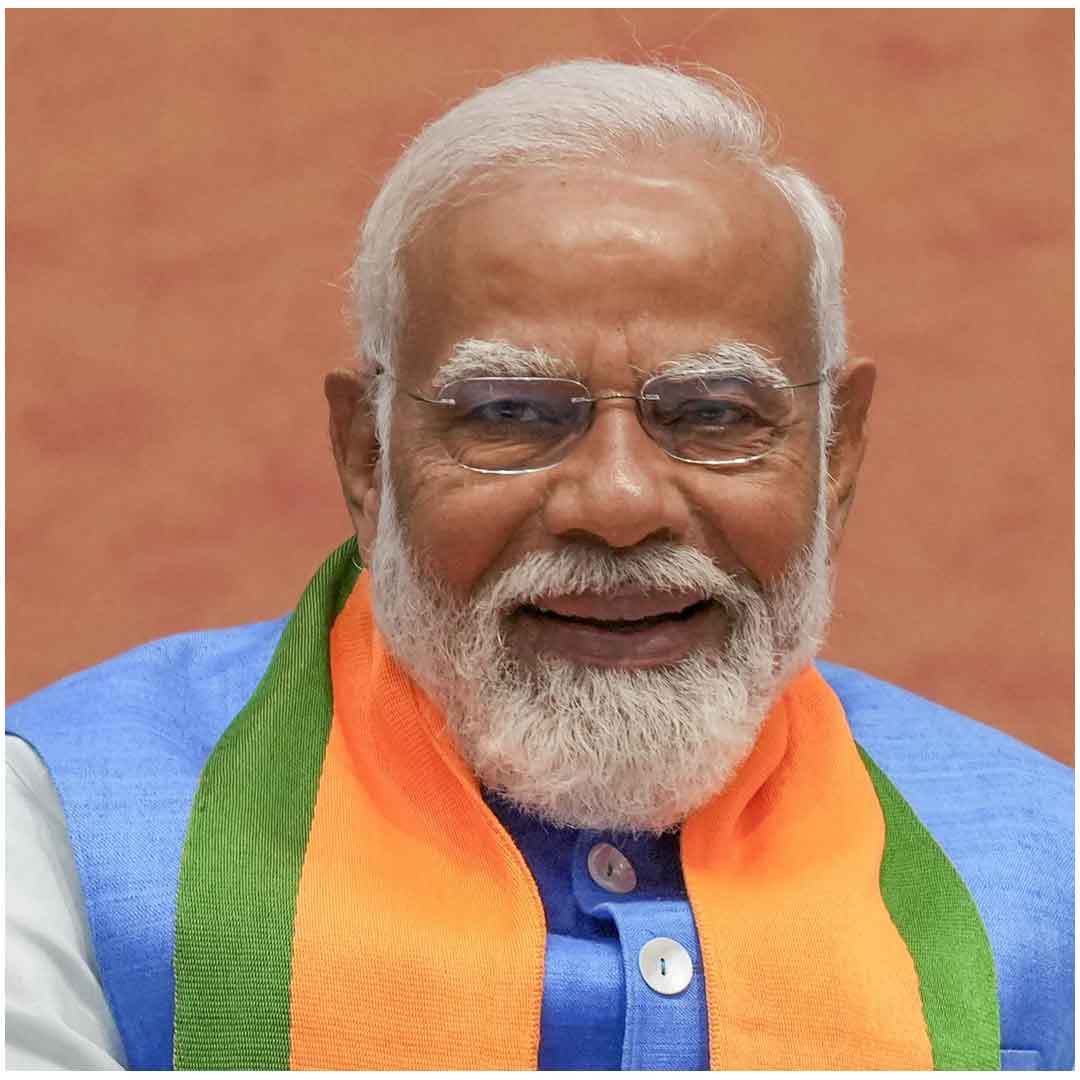
Modi’s leadership has not only strengthened the presence of the RSS in India’s governance and policymaking but has also enhanced its role in shaping the nation’s cultural and social fabric.
Today, the organization stands stronger than ever, symbolizing discipline, unity, and nationalism, touching lives across all sections of society.
But what exactly has changed under PM Modi’s leadership? How has the RSS evolved and expanded its influence? And how has it become a symbol of national pride and cultural resurgence? Let’s explore the journey of the RSS under Modi’s inspiring vision.
The RSS: A Movement Beyond Politics
Before we dive into the impact of PM Modi’s leadership, it’s important to understand the RSS’s role in India’s nation-building.
Founded in 1925 by Dr. Keshav Baliram Hedgewar, the RSS was established with the vision of building a disciplined, self-reliant, and united society based on the ideals of Hindutva, patriotism, and cultural integrity. Over the years, it has expanded its outreach through various social, educational, and service-based initiatives, playing a major role in promoting national unity and cultural consciousness.
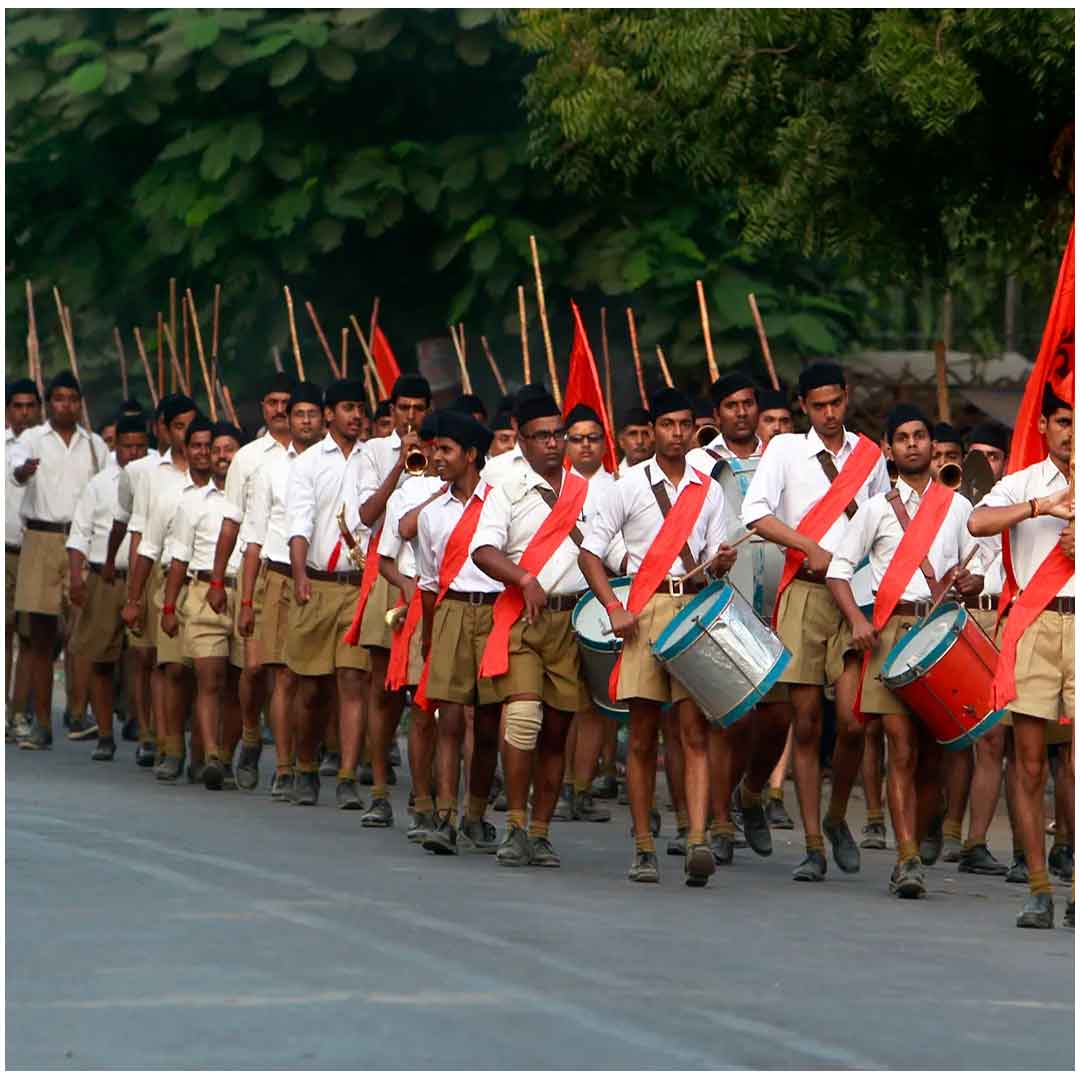
Unlike a political party, the RSS functions as a cultural and ideological movement, with its members actively participating in social service, relief work, and grassroots mobilization.
However, its strong ideological bond with the Bharatiya Janata Party (BJP) has naturally led to its influence growing under PM Modi’s leadership.
Read More PM Modi Updated News
- PM Modi: India poised to be a steady lighthouse at Maritime Week 2025
- Anant Ambani’s Vantara Project receives praise from Anand Mahindra after PM Modi
- PM Modi meets Intel Chief Tulsi Gabbard before key talks with President Trump in U.S. visit
- PM Modi inaugurates Murugan Temple, emphasizing unity in diversity between India and Indonesia
- “I am human, not God”: PM Modi opens up in podcast debut with Zerodha co-founder Nikhil Kamath
- PM Modi praises Diljit Dosanjh for the success of his ‘Dil Luminati’ tour
A Deep Connection
PM Narendra Modi’s association with the RSS goes back decades. He joined the RSS as a young boy and was deeply influenced by its teachings of discipline, selfless service, and nationalism.
His rise in politics was shaped by the values and training he received from the RSS, making him one of the most committed and active members of the Sangh.
After becoming Prime Minister in 2014, Modi has continued to uphold and integrate RSS ideals into governance, ensuring that India’s identity, heritage, and national pride remain at the core of development policies.
His leadership has allowed the RSS to not just expand its influence but also play a more significant role in shaping India’s social, cultural, and political direction.
How the RSS Has Blossomed Under Modi’s Leadership
Cultural Revival and National Pride
One of the most remarkable aspects of Modi’s leadership is his emphasis on reviving India’s rich cultural and historical heritage.
Under his government, many initiatives have been launched that align with RSS’s core values, such as:
- Renovation of Temples and Historical Sites: Efforts like the reconstruction of the Ram Temple in Ayodhya, restoration of Kashi Vishwanath Corridor, and promotion of India’s ancient heritage have reignited national pride among millions.
- Promotion of Indian Festivals and Traditions: From celebrating Yoga on a global scale (International Yoga Day) to restoring the grandeur of Deepavali, Navaratri, and other festivals, Modi has reinforced India’s cultural identity.
- Revival of Sanskrit and Indigenous Languages: RSS has always promoted Sanskrit and vernacular languages, and under Modi’s leadership, the New Education Policy (NEP) 2020 has encouraged learning in regional languages while strengthening India’s traditional knowledge systems.
These efforts resonate deeply with RSS’s ideology, which believes in preserving and celebrating India’s roots.
Strengthening Grassroots Organizations and Volunteerism
The RSS thrives on community-driven initiatives, and Modi’s governance has further empowered volunteer-based programs that promote self-reliance, disaster relief, and social service.
- During the COVID-19 pandemic, the RSS and its affiliated organizations played a crucial role in relief work, from distributing food and medicines to organizing plasma donation camps.
- Seva Bharati, an RSS-backed organization, expanded its efforts in rural areas to support education, healthcare, and livelihood programs.
- The government’s focus on Self-Reliant India (Atmanirbhar Bharat) echoes the RSS philosophy of economic independence and community-driven development.
Under Modi’s leadership, the RSS’s service-oriented philosophy has seamlessly merged with governance, creating a more participatory and self-sufficient society.
Strengthening India’s National Security and Military Power
The RSS has always emphasized the importance of a strong and self-reliant India, and Modi’s government has taken major steps to bolster India’s defense and security.
- Bold Moves Like the Abrogation of Article 370 – A long-standing demand of the RSS and its affiliates, this move integrated Jammu and Kashmir fully into India, reinforcing the vision of one nation, one Constitution.
- Promotion of ‘Make in India’ in Defense – Modi’s leadership has encouraged indigenous production of defense equipment, aligning with the RSS’s ideology of self-reliance.
- Decisive Military Responses – Surgical strikes, counter-terror operations, and border security enhancements have demonstrated strong nationalistic leadership, earning widespread support from RSS-backed nationalist groups.
These measures have deepened the RSS’s confidence in Modi’s vision, reinforcing their shared commitment to a strong and sovereign India.
On Flypped Read More Updated News
- PM Modi reflects on Atal Bihari Vajpayee’s legacy on his 100th birth anniversary
- PM Modi receives Kuwait’s top honor ‘Order of Mubarak Al Kabeer’ and signs defense pact
- Heartbroken PM Modi addresses Jhansi hospital fire; CM Yogi promises aid for victim families
- PM Modi praises German initiative to boost visas for skilled Indian workers during Scholz’s visit
- President Murmu & PM Modi express condolences as India grieves for Ratan Tata, the celebrated business tycoon
- Maldives President Muizzu meets PM Modi in India, assures support for fiscal challenges
- Mithun Chakraborty honored with Dadasaheb Phalke Award; PM Modi praises him as a cultural icon
Political and Social Outreach
The RSS has expanded its reach to different social groups, including Dalits, tribals, and backward communities, under Modi’s tenure.
- Programs like Ekal Vidyalaya (One Teacher Schools) and Samajik Samrasta Abhiyan (Social Harmony Initiative) have worked towards uplifting marginalized communities.
- The BJP’s massive outreach efforts in rural India align with RSS’s goal of uniting society beyond caste and religion.
- Women’s empowerment, a key focus of Modi’s governance, has also seen increased RSS participation through initiatives like Durga Vahini and Rashtriya Sevika Samiti.
This inclusive approach has helped the RSS connect with new demographics, strengthening its influence beyond its traditional base.
Conclusion
Under PM Modi’s inspiring leadership, the RSS has grown into a towering banyan tree, spreading its influence across culture, governance, security, and social service. His policies and initiatives have reinforced the RSS’s core ideologies, making it more relevant, impactful, and widespread than ever before.
As India strides towards its vision of a strong, self-reliant, and culturally proud nation, the RSS and Modi-led governance continue to complement each other, creating a new era of nationalism, social transformation, and economic resilience.
While challenges remain, one thing is certain—the roots of the RSS, under Modi’s nurturing leadership, are deeper and stronger than ever before. Its branches continue to spread, touching lives, shaping policies, and igniting a nationalistic spirit in millions of Indians.
Get Update with Lasted Headlines
- PM Modi visits Kyiv, set to hold discussions with Zelenskyy during Russia-Ukraine conflict
- PM Modi asserts the role of democracy and pluralism in strengthening India-Poland relations in Warsaw
- PM Modi greets Sheikh Hasina at Rashtrapati Bhavan for bilateral discussions
- Rain delays Yoga Day celebrations in Srinagar, but PM Modi leads the event
- New era begins as PM Modi inaugurates Nalanda University campus
- PM Modi visits Varanasi after Lok Sabha 2024 poll victory to release ₹20,000 crore for farmers
Click to read the full article


